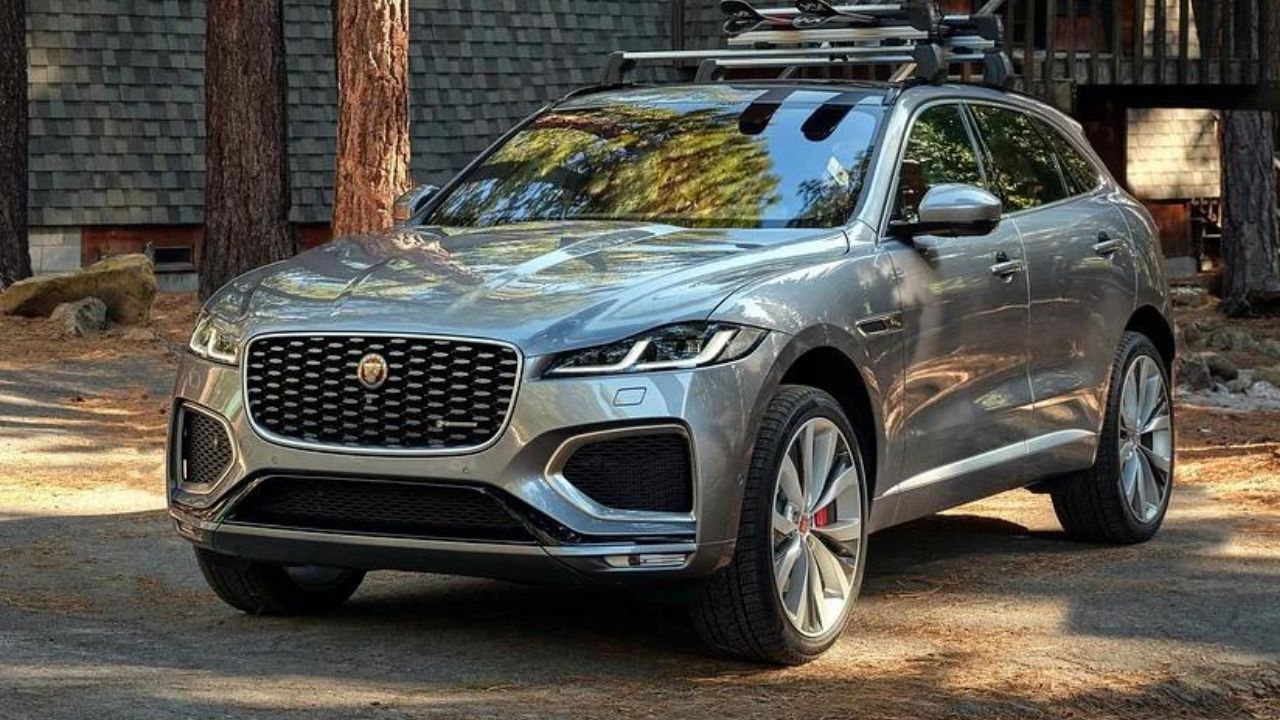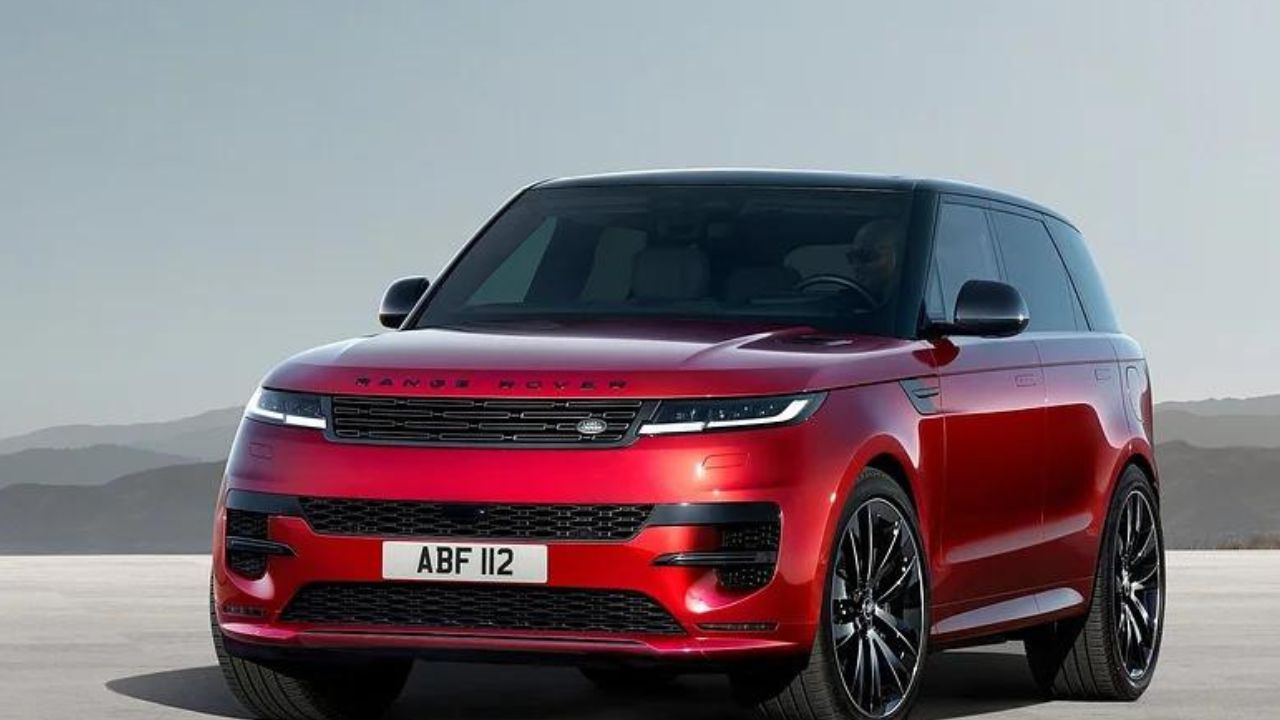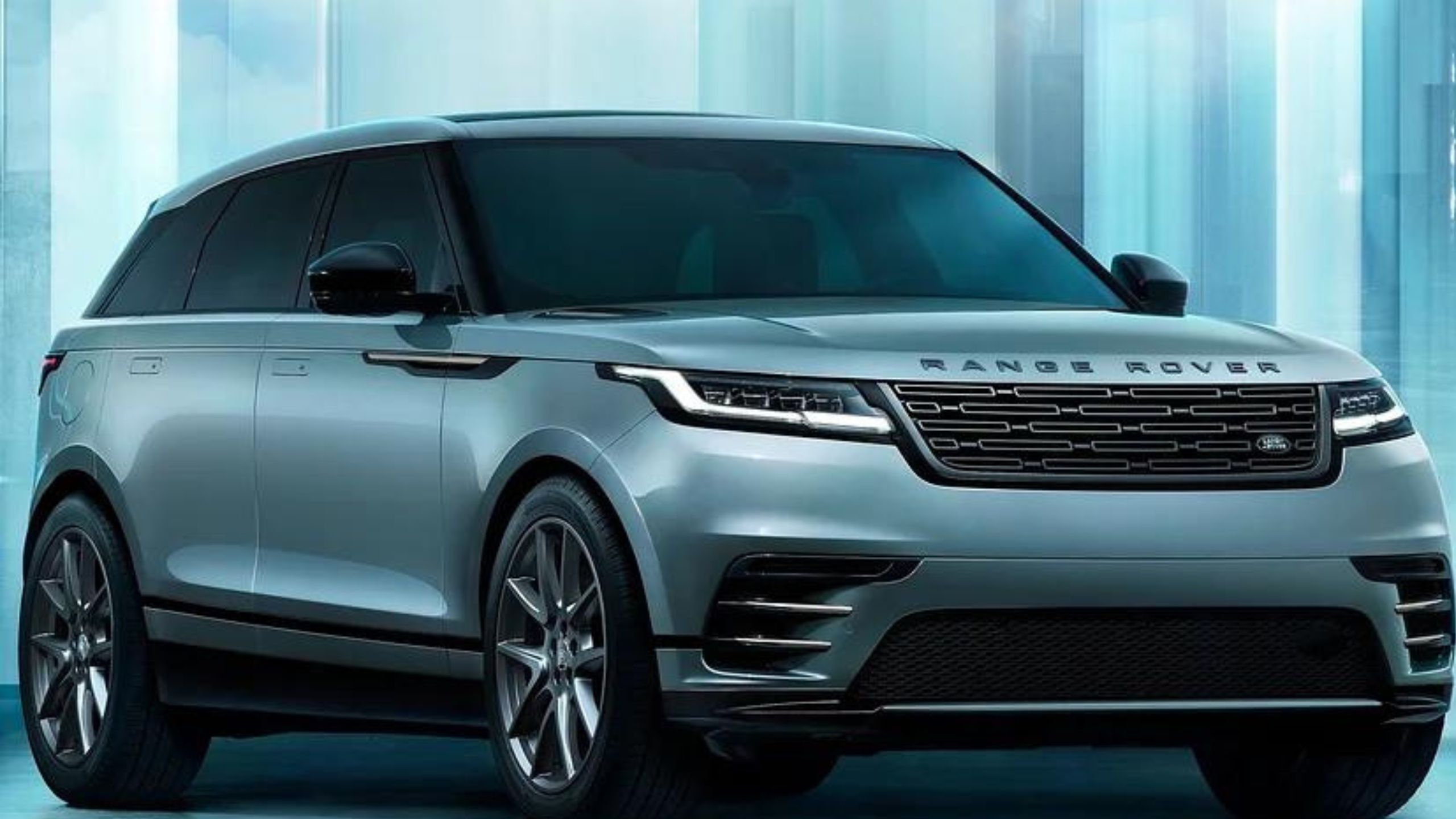Jaguar Land Rover (JLR) has recently announced a shift in its electric vehicle (EV) strategy, opting to emphasize plug-in hybrids (PHEVs) instead.
According to Automotive News, the British automaker is actively responding to the growing demand for PHEVs. Following a similar move by General Motors not long ago, the specific models receiving PHEV powertrains have yet to be revealed.
General Motors’ last venture into PHEVs was with the Chevrolet Volt during the 2010s. Ford is also directing its attention towards hybrid vehicles. Adrian Mardell CEO of JLR said, “What you have seen from other OEMs is that the race to BEV is starting to stutter a little.”

PHEVs are viewed as a transitional step towards full EVs, featuring a charging port for home or public charging stations while still being able to refuel at gas stations, alleviating range anxiety for owners.
Land Rover’s lineup already includes PHEV options, while Jaguar offers them in outgoing models like the F-Pace and E-Pace. In Europe, sales of JLR’s PHEVs reportedly surged by 68% to 45,224 units in 2023, indicating a growing demand amidst the EV era.
The focus on PHEVs has led Land Rover to reduce its planned EV launches from six to four models by 2026. However, the electric Range Rover remains on schedule for a debut later this year, boasting a waitlist of 16,000 individuals. It will be followed by an electric version of the Range Rover Sport, both utilizing the Modular Longitudinal Architecture (MLA) platform.

The other two upcoming Land Rover EVs, expected to utilize the forthcoming EMA EV platform, have not been named. Possibilities include EV variants of the Range Rover Evoque and Range Rover Velar, with more EMA-based models anticipated a year later.
Additionally, an electric Defender is reportedly in development. Conversely, Jaguar is not pursuing a PHEV strategy, as it aims to transition into an all-electric brand by 2025. The current Jaguar lineup, including the I-Pace EV, will be succeeded by an all-electric four-door Super GT model, targeting the Porsche Panamera market.
A second EV model is also in Jaguar’s plans. Despite the shifts in electrification strategies among automakers, brands that have taken a measured approach to transitioning to EVs, such as Toyota, which recently committed to a new engine project, may have made prudent decisions. However, JLR remains committed to achieving 60% EV sales by 2030, with the ultimate goal of reaching 100% by 2036.

